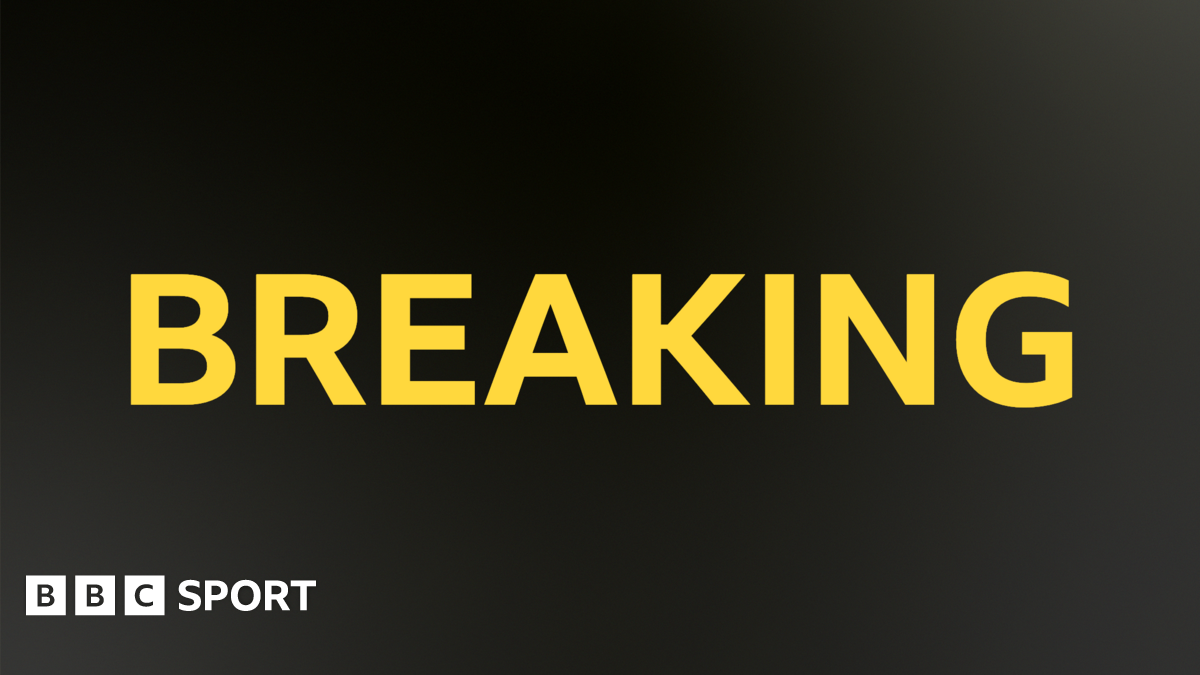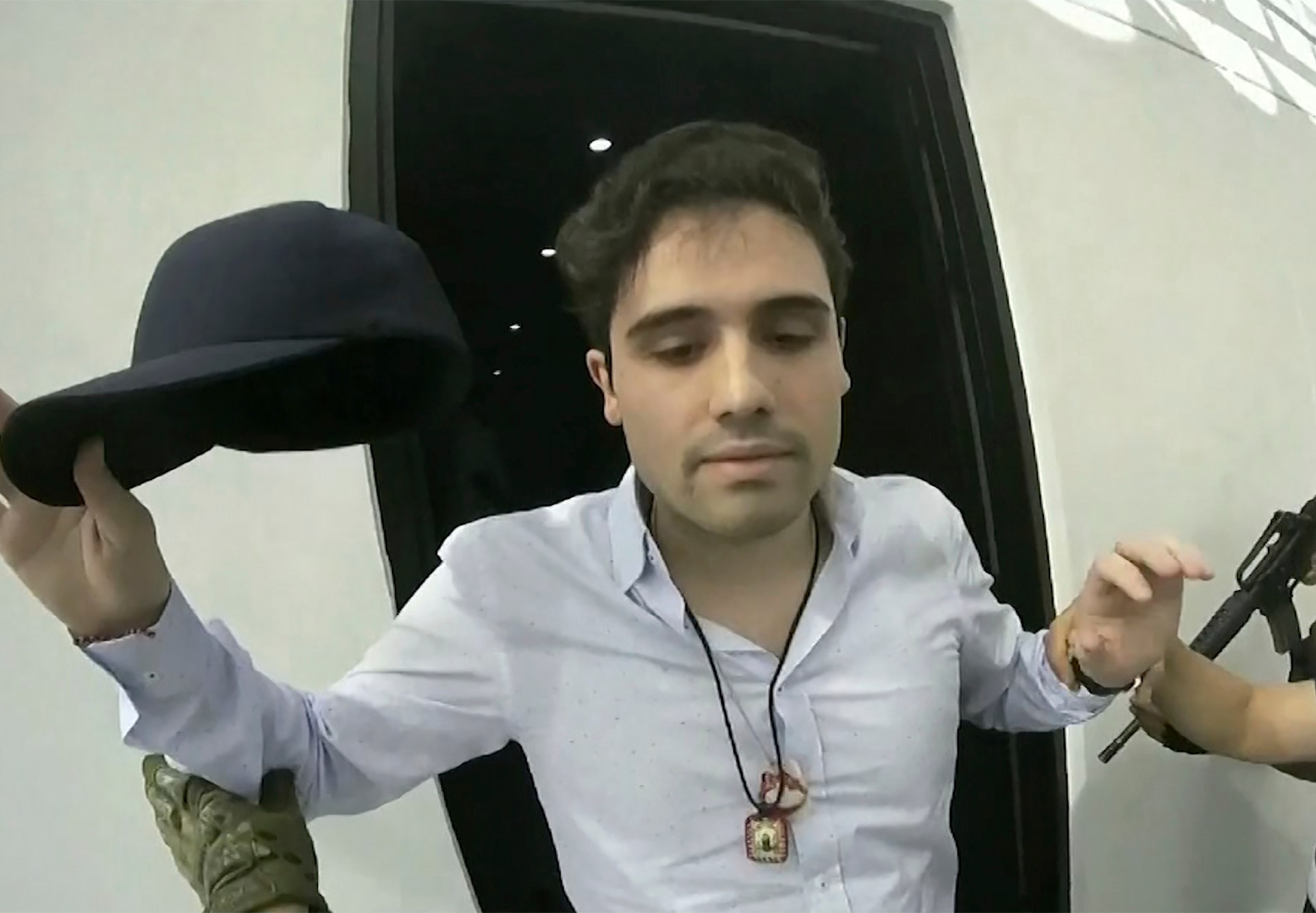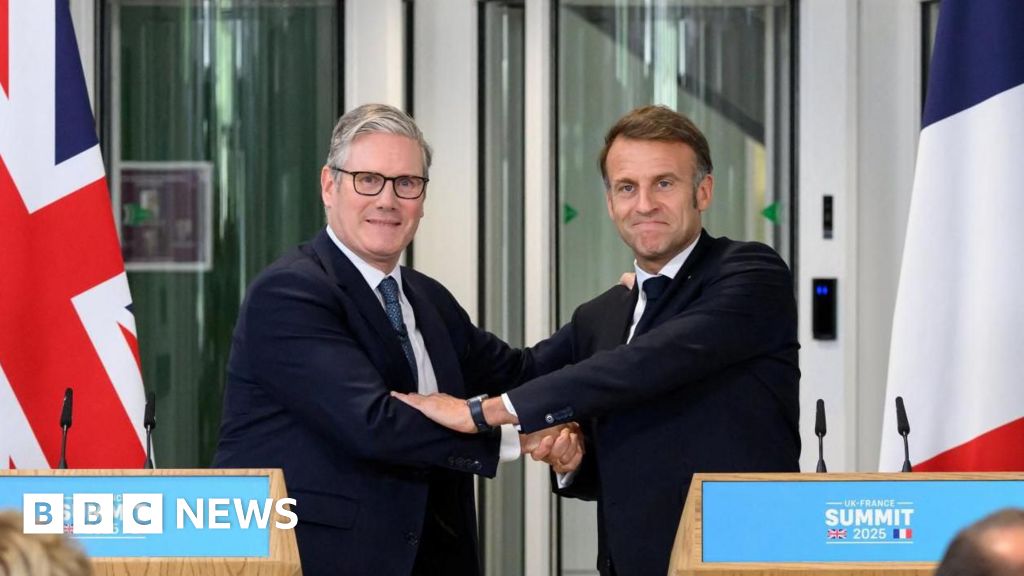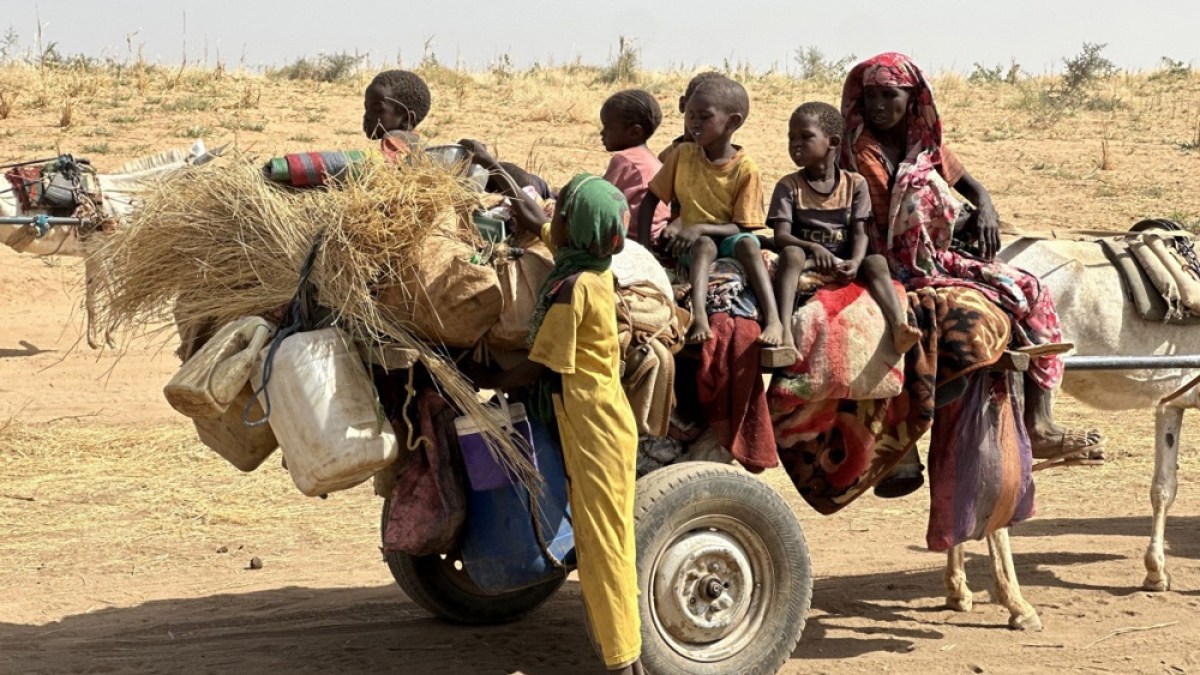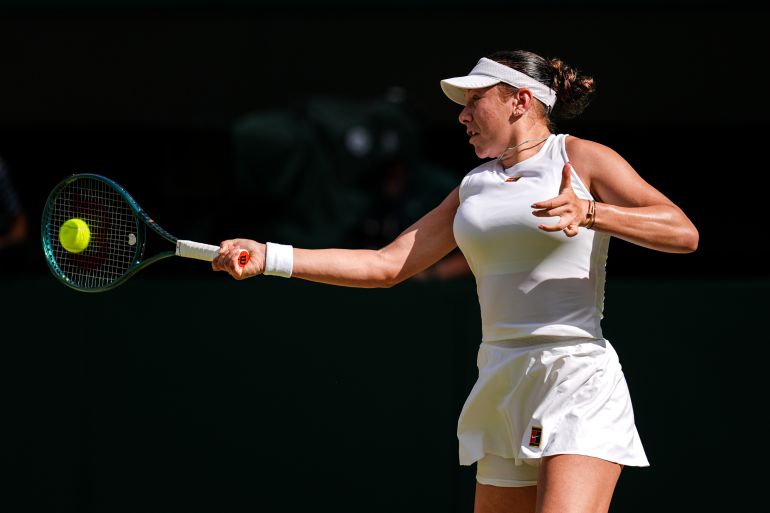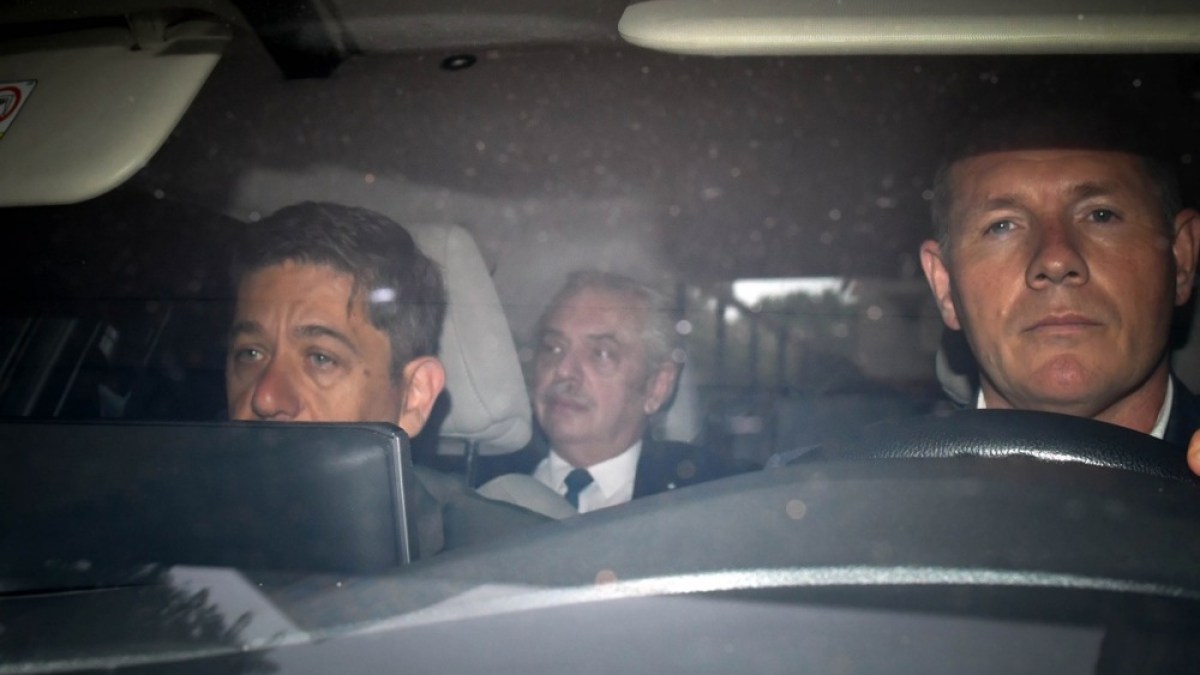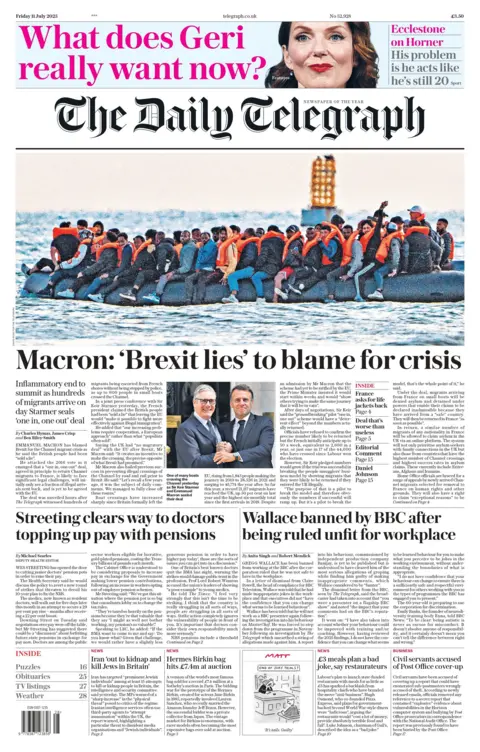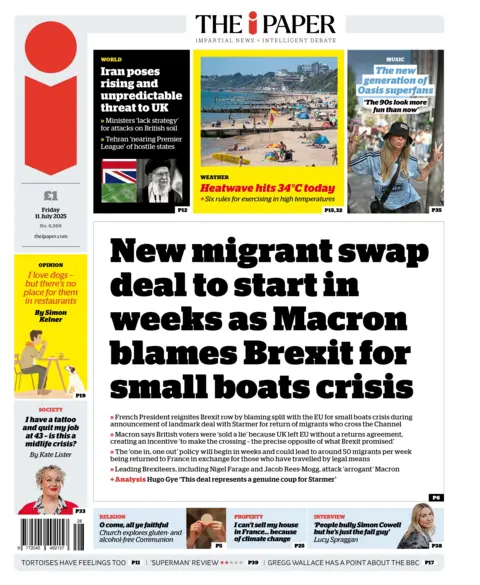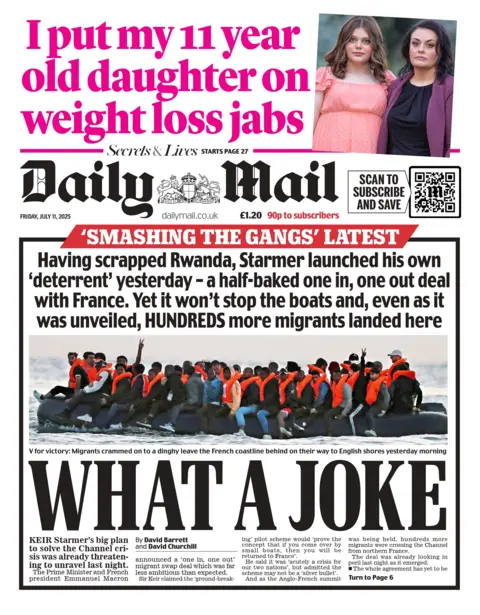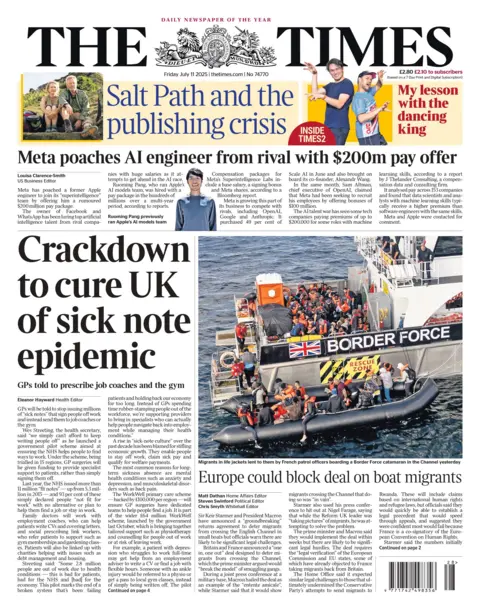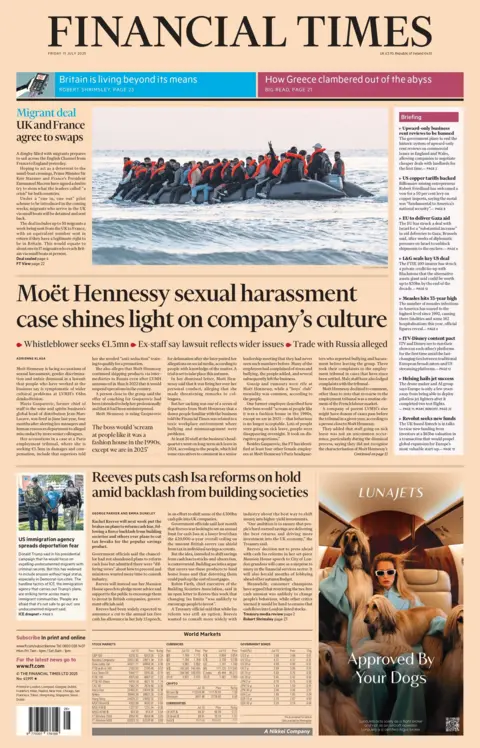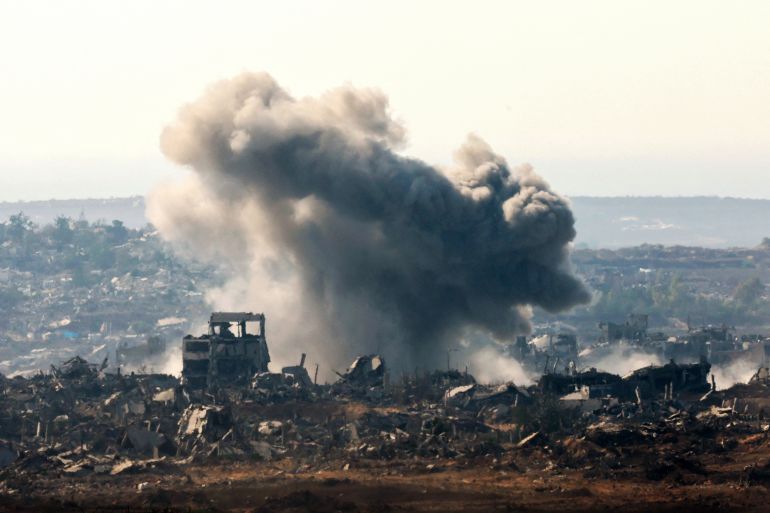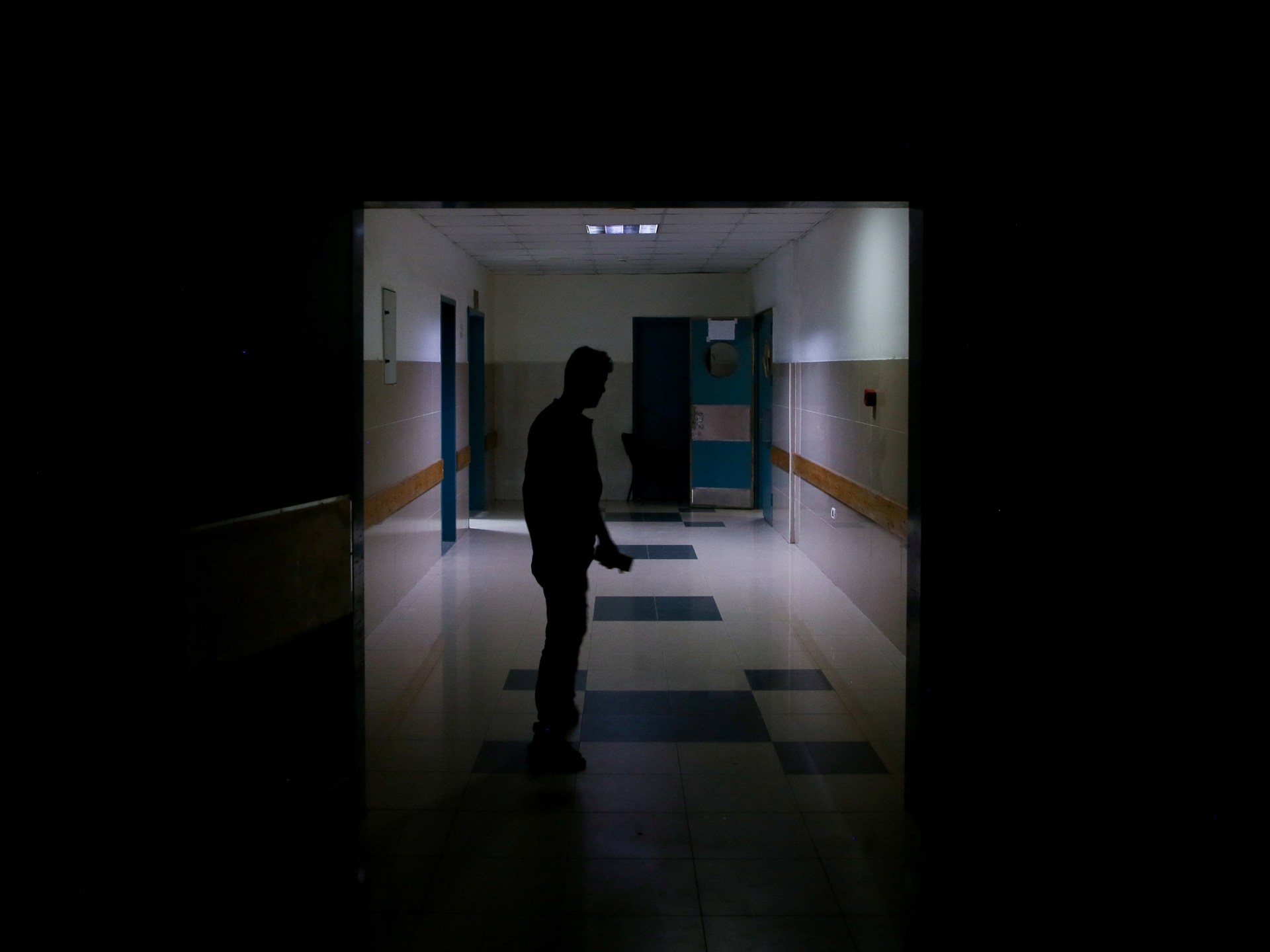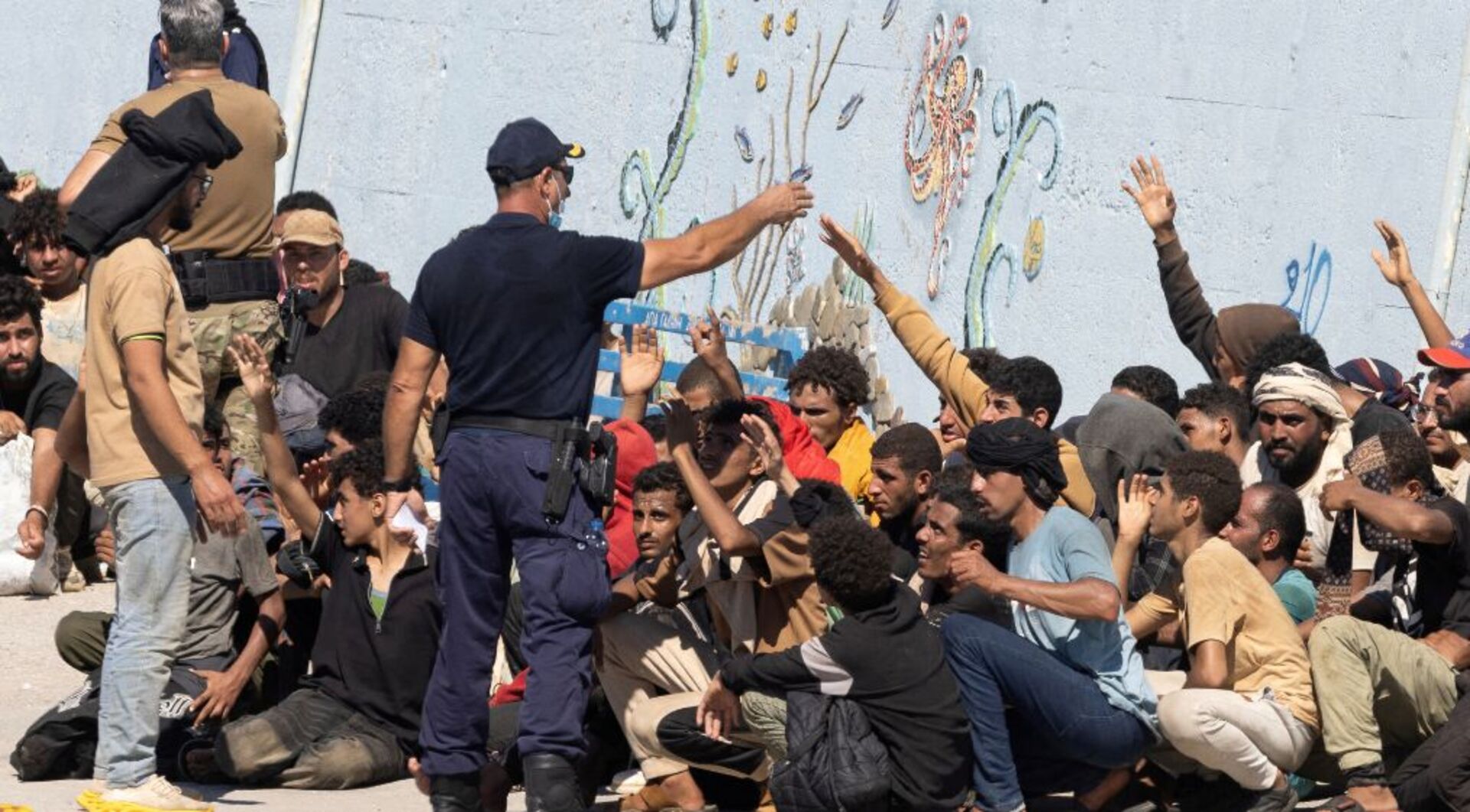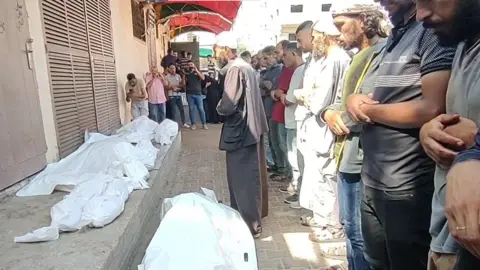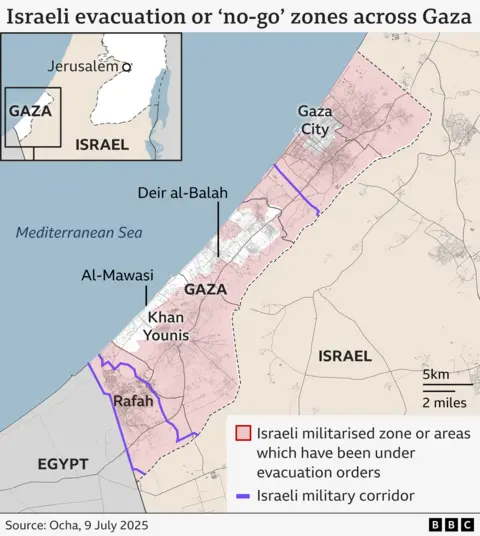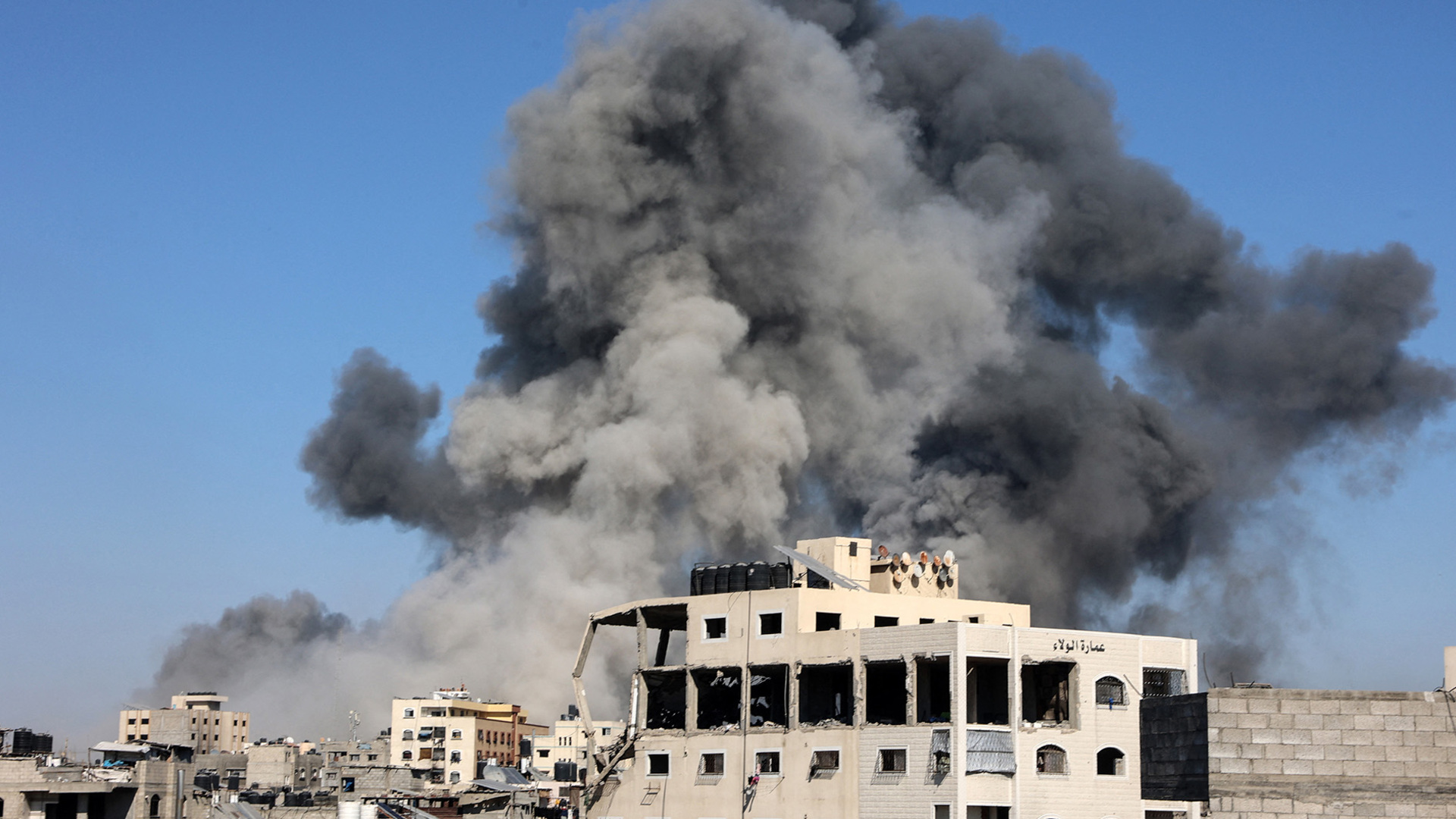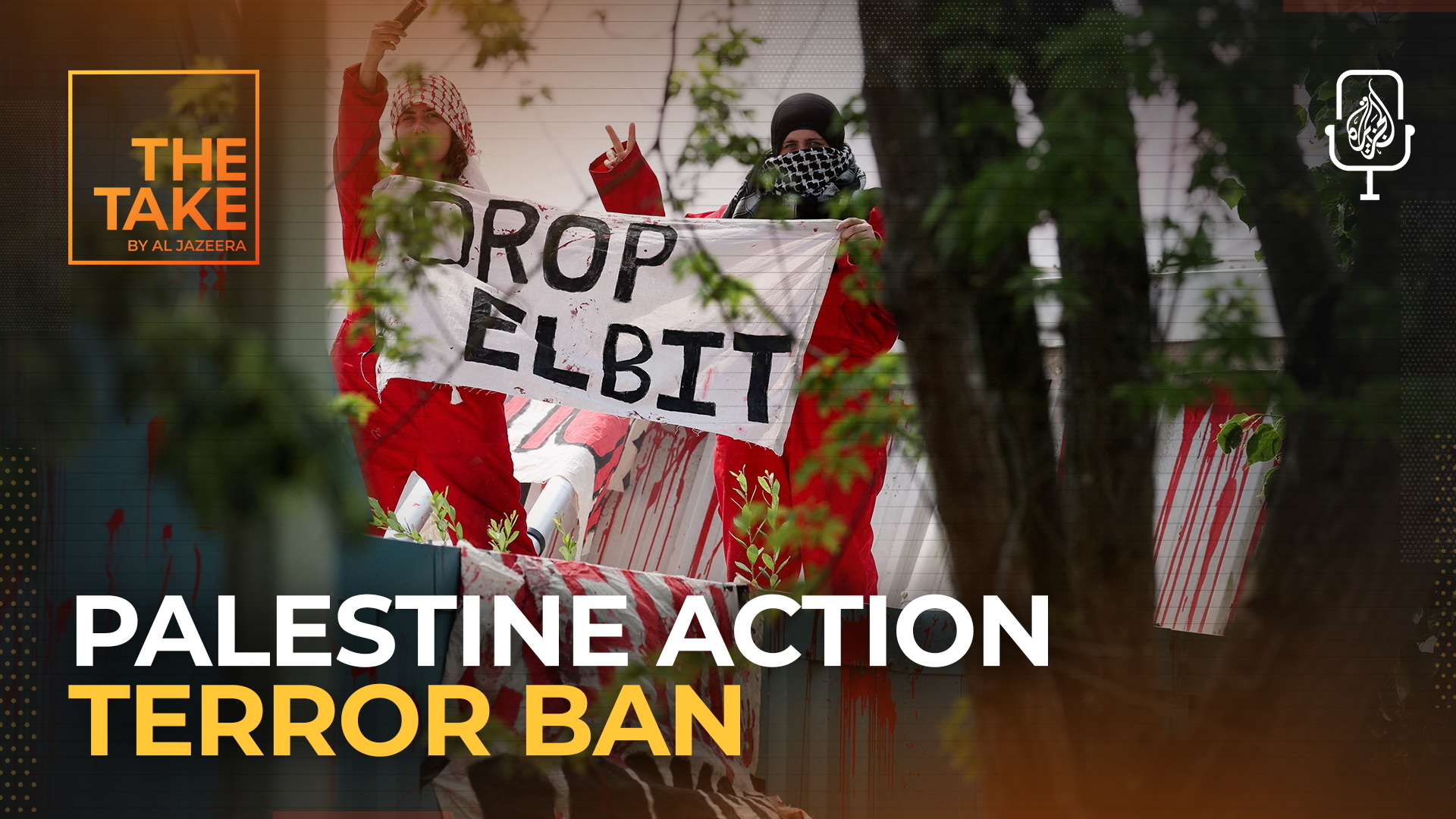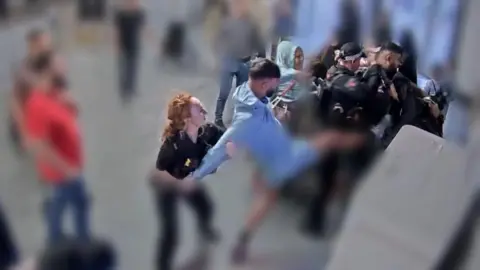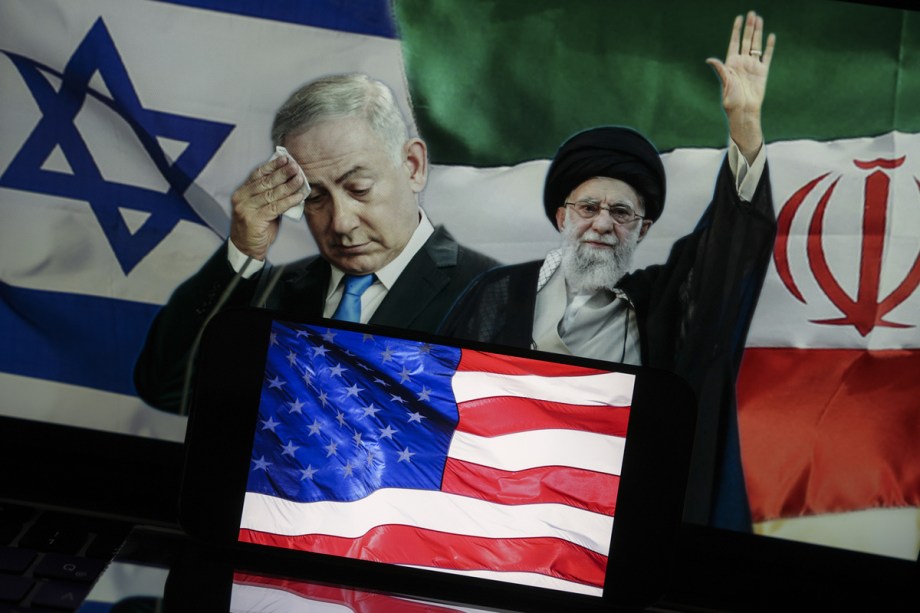Trump’s African summit was a masterclass in modern colonial theatre | Donald Trump
On July 9, United States President Donald Trump opened a three-day mini summit at the White House with the leaders of Gabon, Guinea-Bissau, Liberia, Mauritania, and Senegal – by subjecting his distinguished guests to a carefully staged public humiliation.
This was not the plan – or at least, not the part the public was meant to see.
A White House official claimed on July 3 that “President Trump believes that African countries offer incredible commercial opportunities which benefit both the American people and our African partners.”
Whether by coincidence or calculated design, the meeting took place on the same day the Trump administration escalated its trade war, slapping new tariffs on eight countries, including the North African nations of Libya and Algeria. It was a telling contrast: Even as Trump claimed to be “strengthening ties with Africa”, his administration was penalising African nations. The optics revealed the incoherence – or perhaps the honesty – of Trump’s Africa policy, where partnership is conditional and often indistinguishable from punishment.
Trump opened the summit with a four-minute speech in which he claimed the five invited leaders were representing the entire African continent. Never mind that their countries barely register in US-Africa trade figures; what mattered was the gold, oil, and minerals buried beneath their soil. He thanked “these great leaders… all from very vibrant places with very valuable land, great minerals, great oil deposits, and wonderful people”.
He then announced that the US was “shifting from AID to trade” because “this will be far more effective and sustainable and beneficial than anything else that we could be doing together.”
At that moment, the illusion of diplomacy collapsed, and the true nature of the meeting was revealed. Trump shifted from statesman to showman, no longer merely hosting but asserting control. The summit quickly descended into a cringe-inducing display, where Africa was presented not as a continent of sovereign nations but as a rich expanse of resources, fronted by compliant leaders performing for the cameras. This was not a dialogue but a display of domination: A stage-managed production in which Trump scripted the scene and African heads of state were cast in subordinate roles.
Trump was in his element, orchestrating the event like a puppet master, directing each African guest to play his part and respond favourably. He “invited” (in effect, instructed) them to make “a few comments to the media” in what became a choreographed show of deference.
President Mohamed Ould Ghazouani of Mauritania led the way, both physically and symbolically, by praising Trump’s “commitment” to Africa. The claim was as misleading as it was surreal, given Washington’s recent aid cuts, punitive tariffs, and tightened visa restrictions on African nations.
In one especially embarrassing moment, Ghazouani described Trump as the world’s top peacemaker – crediting him, among other things, with stopping “the war between Iran and Israel”. This praise came with no mention of the US’s continued military and diplomatic support for Israel’s war on Gaza, which the African Union has firmly condemned. The silence amounted to complicity, a calculated erasure of Palestinian suffering for the sake of American favour.
Perhaps mindful of the tariffs looming over his own country, Ghazouani, who served as AU Chair in 2024, slipped into the role of a willing supplicant. He all but invited Trump to exploit Mauritania’s rare minerals, praised him and declared him a peacemaker while ignoring the massacres of tens of thousands of innocents in Gaza made possible by the very weapons Trump provides.
This tone would define the entire sit-down. One by one, the African leaders offered Trump glowing praise and access to their countries’ natural resources – a disturbing reminder of how easily power can script compliance.
Senegal’s President Bassirou Diomaye Faye even asked Trump to build a golf course in his country. Trump declined, opting instead to compliment Faye’s youthful appearance. Gabon’s President Brice Clotaire Oligui Nguema talked of “win-win partnerships” with the US, but received only a lukewarm response.
What did capture Trump’s attention was the English fluency of Liberia’s President Joseph Boakai. Ignoring the content of Boakai’s remarks, Trump marvelled at his “beautiful” English and asked, “Where did you learn to speak so beautifully? Where were you educated? Where? In Liberia?”
That Trump seemed unaware English is Liberia’s official language, and has been since its founding in 1822 as a haven for freed American slaves, was perhaps less shocking than the colonial tone of his question. His astonishment that an African president could speak English well betrayed a deeply racist, imperial mindset.
It was not an isolated slip. At a White House peace ceremony on June 29 involving the DRC and Rwanda, Trump publicly commented on the appearance of Angolan journalist and White House correspondent Hariana Veras, telling her, “You are beautiful – and you are beautiful inside.”
Whether or not Veras is “beautiful” is entirely beside the point. Trump’s behaviour was inappropriate and unprofessional, reducing a respected journalist to her looks in the middle of a diplomatic milestone. The sexualisation of Black women – treating them as vessels of white male desire rather than intellectual equals – was central to both the transatlantic slave trade and European colonisation. Trump’s comment extended that legacy into the present.
Likewise, his surprise at Boakai’s English fits a long imperial pattern. Africans who “master” the coloniser’s language are often seen not as complex, multilingual intellectuals, but as subordinates who’ve absorbed the dominant culture. They are rewarded for proximity to whiteness, not for intellect or independence.
Trump’s remarks revealed his belief that articulate and visually appealing Africans are an anomaly, a novelty deserving momentary admiration. By reducing both Boakai and Veras to aesthetic curiosities, he erased their agency, dismissed their achievements, and gratified his colonial ego.
More than anything, Trump’s comments on Boakai reflected his deeper indifference to Africa. They stripped away any illusion that this summit was about genuine partnership.
Contrast this with the US-Africa Leaders Summit held by President Joe Biden in December 2022. That event welcomed more than 40 African heads of state, as well as the African Union, civil society, and private sector leaders. It prioritised peer-to-peer dialogue and the AU’s Agenda 2063 – a far cry from Trump’s choreographed spectacle.
How the Trump administration concluded that five men could represent the entire continent remains baffling, unless, of course, this wasn’t about representation at all, but control. Trump didn’t want engagement; he wanted performance. And sadly, his guests obliged.
In contrast to the tightly managed meeting Trump held with Israeli Prime Minister Benjamin Netanyahu on July 8, the lunch with African leaders resembled a chaotic, tone-deaf sideshow.
Faye was especially disappointing. He came to power on the back of an anti-imperialist platform, pledging to break with neocolonial politics and restore African dignity. Yet at the White House, he bent the knee to the most brazen imperialist of them all. Like the others, he failed to challenge Trump, to assert equality, or to defend the sovereignty he so publicly champions at home.
In a moment when African leaders had the chance to push back against a resurgent colonial mindset, they instead bowed – giving Trump space to revive a 16th-century fantasy of Western mastery.
For this, he offered a reward: He might not impose new tariffs on their countries, he said, “because they are friends of mine now”.
Trump, the “master”, triumphed.
All the Africans had to do was bow at his feet.
The views expressed in this article are the author’s own and do not necessarily reflect Al Jazeera’s editorial stance.
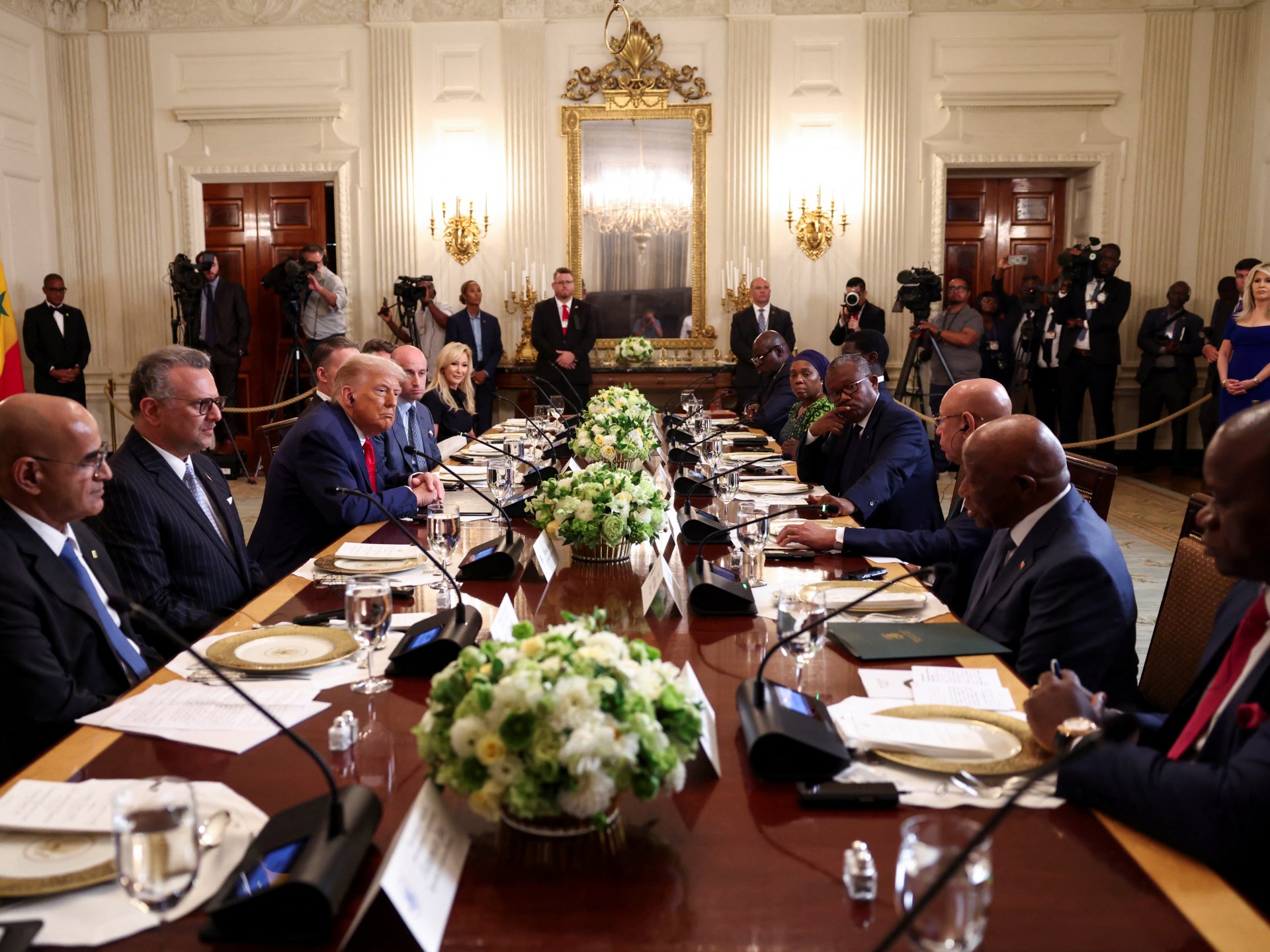

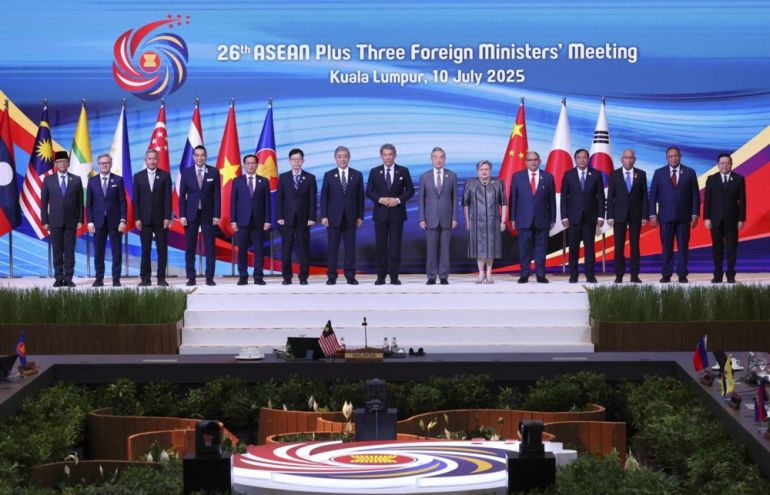
![A group photo at the 58th Association of Southeast Asian Nations (ASEAN) Foreign Ministers' Meetings in Kuala Lumpur, Malaysia, 10 July 2025. [Hasnoor Hussain/EPA]](https://www.aljazeera.com/wp-content/uploads/2025/07/13184061-1752215666.jpg?w=770&resize=770%2C495&quality=80)
